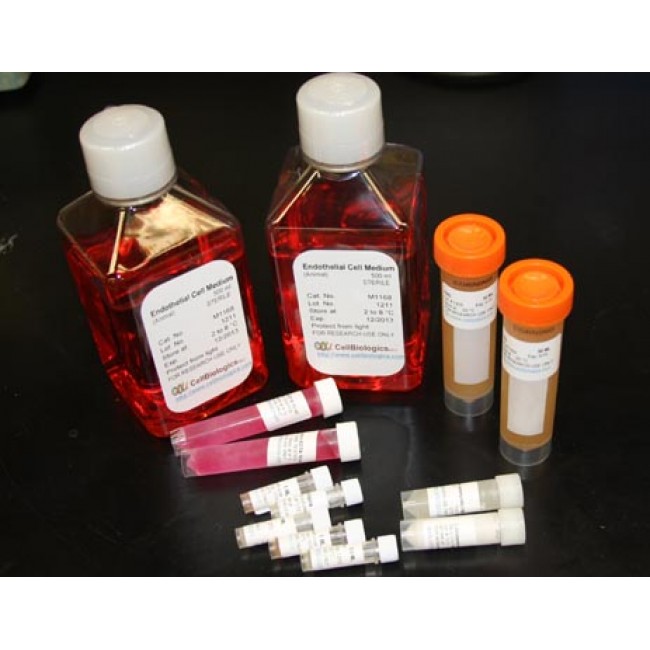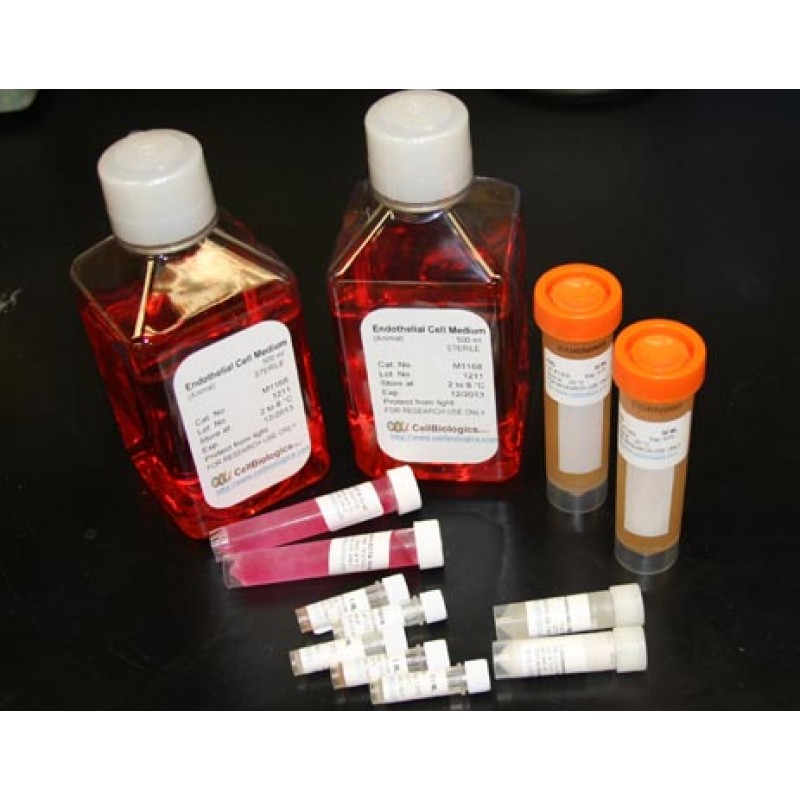Prolactin is a neuroendocrine pituitary hormone of 23 kDa. It is produced in increasing amounts during pregnancy and during suckling and acts primarily on the mammary gland by initiating and maintaining lactation in the postpartal phase. Prolactin has been shown also to have cytokine-like activities and to have important immunoregulatory activities. It contributes to the development of lymphoid tissues and the maintenance of physiological immune function and also modulates a variety of T cell immune responses. In addition to triggering resting lymphocytes to cell division, the hormone can also control the magnitude of their response to polyclonal stimuli. Prolactin promotes the proliferation of Nb2 pre-T cell lymphoma cells. In these cells prolactin induces the biphasic expression of a transcription factor, IRF1 and may be involved in cell cycle activation and S phase progression. Prolactin has been reported to activate cellular proliferation in non-reproductive tissue, such as liver, spleen, and thymus. It induces significant proliferation in aortic smooth muscle cells and also enhances proliferation of these cells induced by PDGF.


